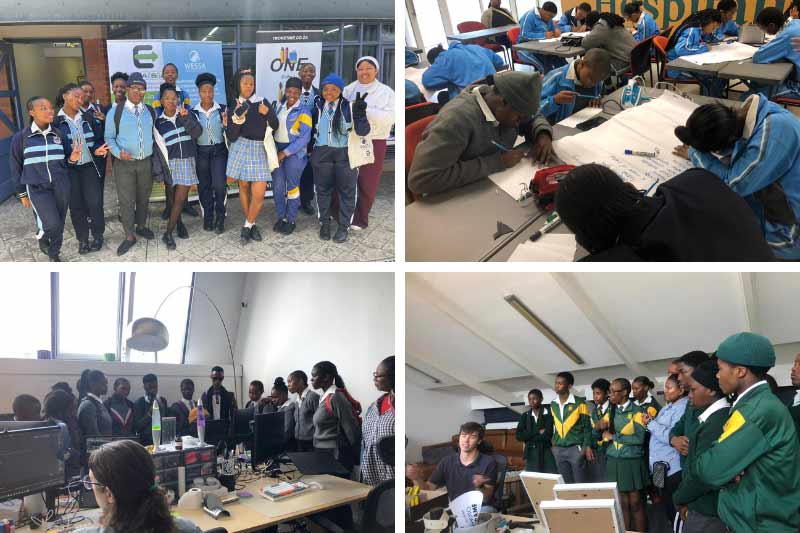Pictured above: Learners from Bulumko High School (top left), Intsebenziswano Secondary School (top right), Langa High school (bottom right) and Ikamvalethu Secondary school (bottom left)
In celebration of International E-Waste Day 2025 that took place on 14 October 2025, eco-club learners from ten schools across the Western Cape, participating in the eWASA–WESSA Waste Management and Education Project, explored creative solutions to one of the fastest-growing environmental challenges of our time, electronic waste.
The week-long learning experience kicked off with an exciting excursion to 1 More Time, a company that transforms single-use vapes into sleek, functional tech and lifestyle products. The visit gave learners a first-hand look into how waste can be reimagined through innovation and design thinking.
Learners were taken behind the scenes to explore various departments, from production and mechanical engineering to e-commerce and social media. Staff members shared insights into their roles and answered questions about career pathways in sustainability, technology, and circular design, offering invaluable guidance to these future changemakers.
“Seeing how something as simple as a discarded vape can be transformed into a stylish, usable product opened our eyes to the potential of e-waste,” shared one of the participating learners.
Following the tour, WESSA hosted an engaging Design Think-Tank Challenge, where learners deconstructed e-waste into its various components before brainstorming and designing innovative new products. Participants disassembled old irons and microwaves, exploring how each component could be reused, repurposed, or reimagined into new products. Working in teams, they brainstormed and sketched innovative ideas, combining science, creativity, and environmental stewardship. This activity encouraged them to apply what they had learned, combining creativity, problem-solving, and environmental responsibility.
The challenge not only deepened their understanding of waste management and sustainability but also inspired them to think critically about the role they can play in building a more circular economy.
This initiative made possible through the eWASA–WESSA partnership, continues to empower young people to see waste differently, as a valuable resource and an opportunity for innovation.

